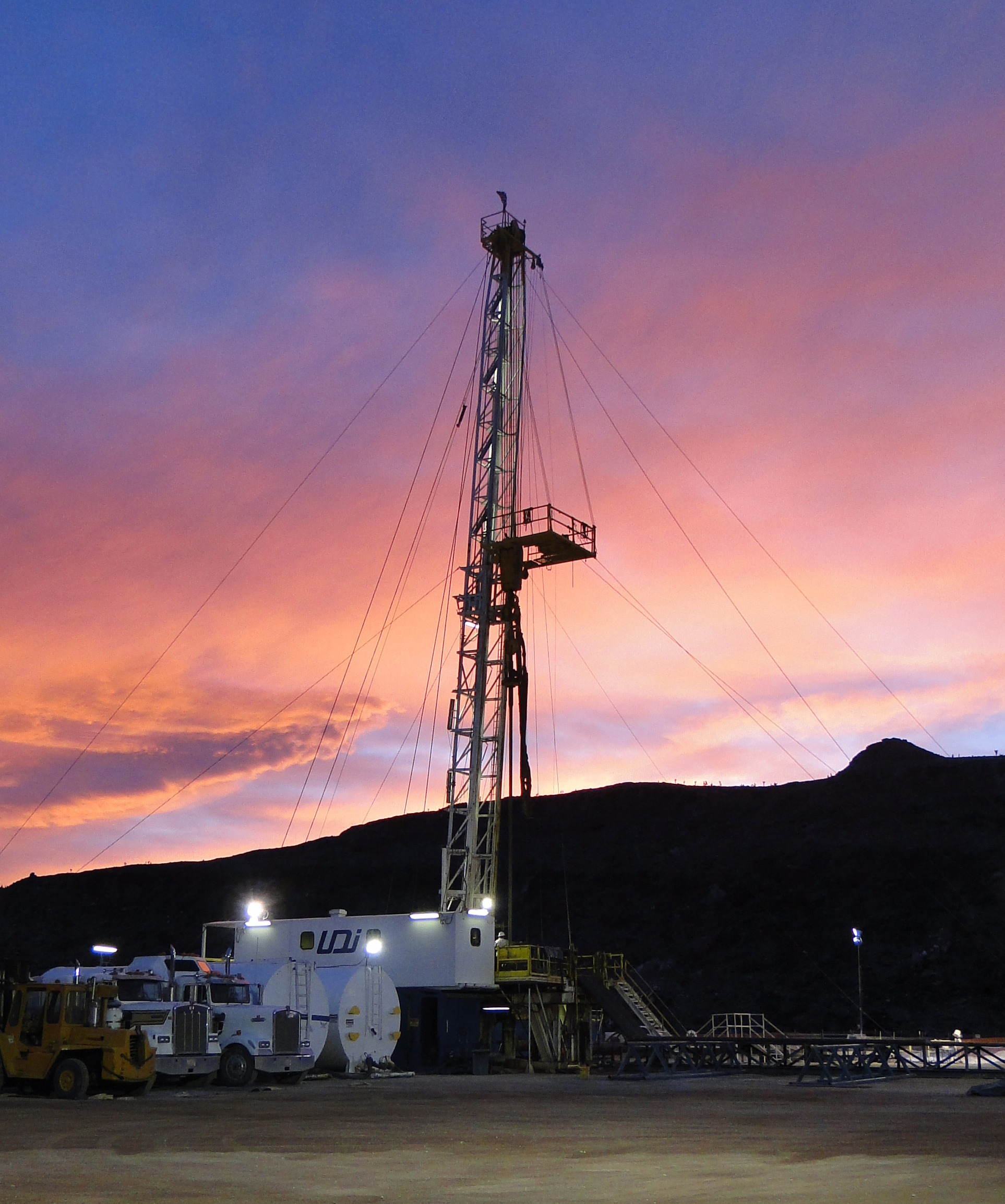
Intel’s been lagging behind for years, while AMD has pulled far ahead in both consumer and professional-grade chips, it’s really not a close race anymore.
There’s this idea floating around that throwing enough cash at Intel will suddenly turn them into the next TSMC. But semiconductor manufacturing isn’t something you can ...
There’s this idea floating around that throwing enough cash at Intel will suddenly turn them into the next TSMC. But semiconductor manufacturing isn’t something you can ...






